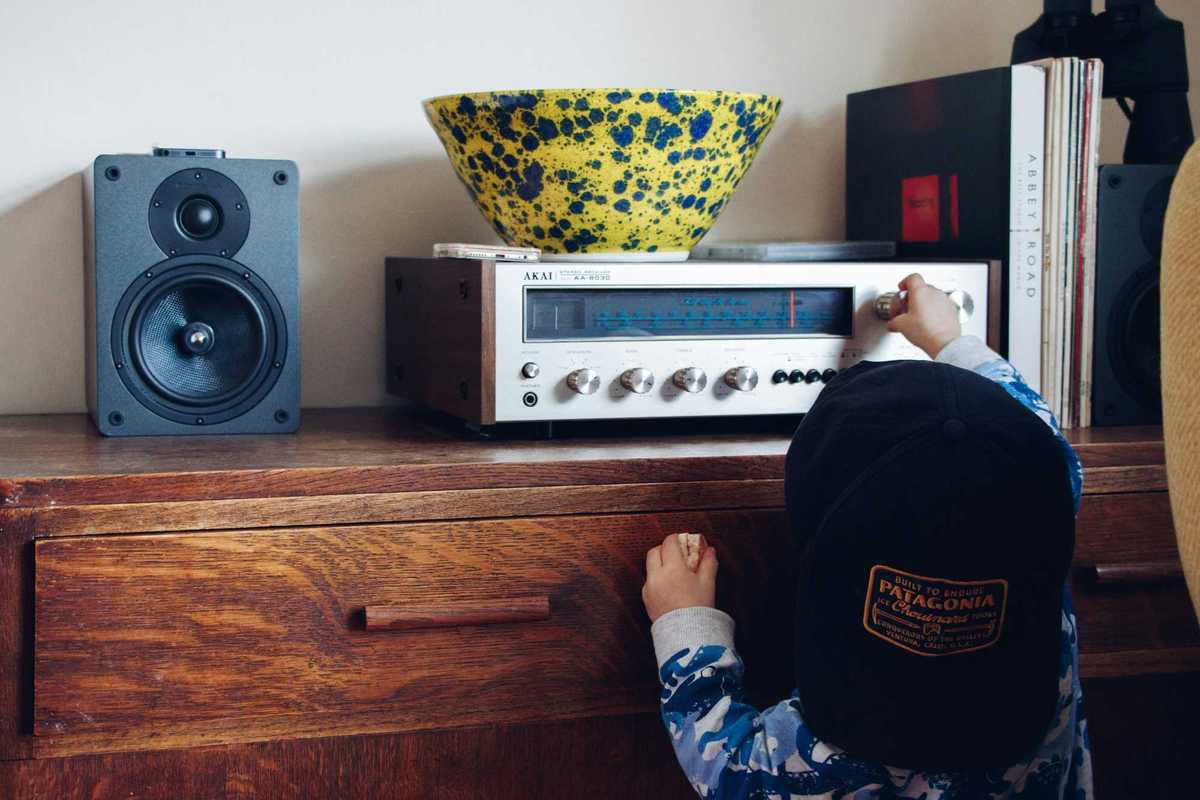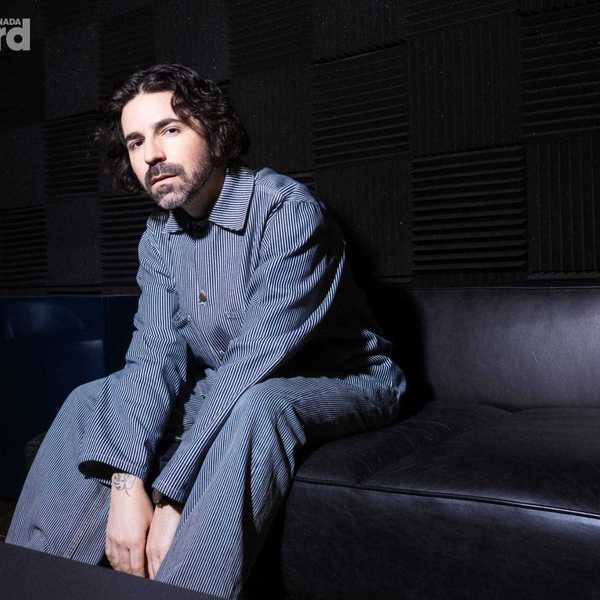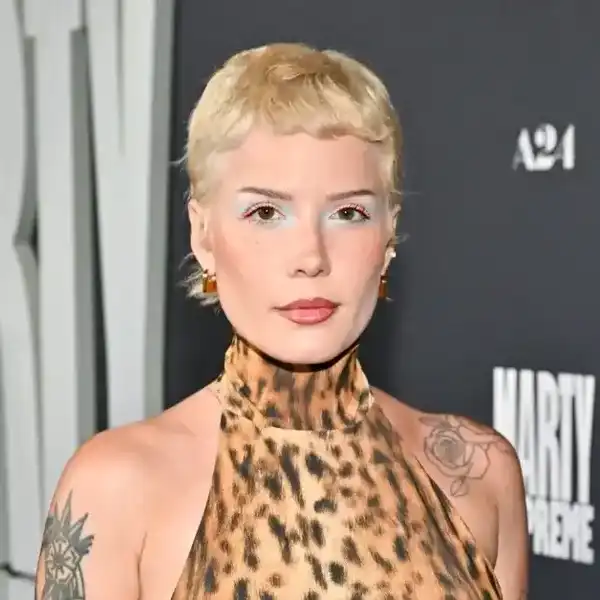On The Record With Hall of Famer Wayne Webster
Wayne Webster is the winner of this year's Allan Waters Hall of Fame Award at the 2023 Radiodays Conference held in Toronto. He’s one of Radio’s hardest-working music programmers and so much mo

By Dave Charles
Wayne Webster is the winner of this year's Allan Waters Hall of Fame Award at the 2023 Radiodays Conference held in Toronto. He’s one of Radio’s hardest-working music programmers and so much more. What a pleasure it is to pay homage to one of radio’s truly great champions.
I gave Wayne his first job as assistant music director back in 1977 as we launched Q107. He was a natural from day one. He loved Rock music and his passion made a huge difference in the way Q107 curated its wide list of music. That was a big challenge as we had music heads like John Donabie on staff.
Wayne championed Canada’s best rock. That was one of Q107’s points of difference as it launched in Toronto with features like the Six O’clock Rock Report with Bob Mackowycz. Wayne was a street guy and brought that savvy into his music work. He was first and foremost a devoted music fan. He was also a huge supporter of Canadian rock music. Here’s his story.
DC: What were some of your earlier music influences and what station did you listen to growing up in Toronto?
WW: I grew up a Stones fan; the first record I bought was (I Can’t Get No) Satisfaction. Then, I Can See for Miles by The Who. I was a real rock guy. Woodstock was big for me as I was getting into FM radio. My friends and I didn’t have enough money to buy the Woodstock album since it was a three-record set. So, we went up to K-Mart in Shoppers World Brampton, grabbed a copy, went over to the stereo section, cracked it open and listened to it. I think I got a copy for Christmas that year. So many artists came out of that festival. Santana, Joe Cocker, Ten Years After. I went to all their concerts the next year.
As for the stations I was Iistening to: 1050 CHUM, CKOC 1150 and then CFTR 680 were the big stations when I was young, then moved into CHUM FM when I was a teenager.
DC: Tell us about your early impressions of Q107 back in 1977.
WW: Q107 was so much fun. I had no idea there were jobs like that. Getting a chance to see the station being built and putting the music library together was amazing. When I was at Humber College taking Radio Broadcasting. Wayson Chow my communication teacher had us do a project. The job we want and how to get it in five years. My goal was to be the music director for a station like CHUM FM since that’s what I grew up listening to. The late Bill Anderson, then music director at Q107 then was great at teaching me how to do the job. I just soaked up as much as I could.
DC: You went on the work at 104.5 CHUM fm under Ross Davies. What did you learn from that experience as that was a different format than Q 107’s rock format?
WW: When I started at CHUM FM, we were doing an album format. Four albums an hour.
Three and four songs from one album four times an hour. It was fun, lots of homework. We had to listen to every album to see if there were 3-4 songs on it that we wanted to play on the album. This was 1979-1981. There were many ‘One Hit Wonders’ then. Sometimes it was hard to find 3-4 songs on the album that we wanted to play, so we would miss a big hit. We then changed back to single-song execution. We had 3 current categories; Barry Stewart and I would make up three 20 sets of music per hour. Very creative but took a lot of time. Then we went to something more traditional with regular categories. We moved the station from rock, to lean more alternative and then went in the pop direction.
Within a couple of years, we were the #1 station in the country. People like pop music.
DC: Boom 97.3 fm exploded onto the Toronto radio scene with a mix of ’70s, '80s and '90s music. Talk about your ‘secret sauce’ in putting that music format together. What are some of the key musical attributes?
WW: Rob Farina got me to sound code the library. Then he hired Chris Abbott. Chris wanted me to pick all the music by hand and use a sequence of sound codes. I had been doing this a long time but nothing like this. It really opened my eyes to how good you can make a station sound, instead of letting a computer schedule the music. I could control the sound, flow, tempo etc. and it's so much better this way. I also put all the production in as I programmed the music. We have a lot of production that goes into certain songs. Troy McCallum has done a great job coming up with some great pieces that work.
DC: Who are some of your biggest radio influencers that helped you develop your career path?
WW: There as so many and you were one of the first. You and John Parikhal were great teachers from the beginning. You two showed me how radio works. There were some great lessons for me.
J. Robert Wood at CHUM FM was another awesome teacher. We worked well together.
Ross Davies was great too as we tried to figure out how to make CHUM FM a pop station.
I think we learned a lot together. It was a good time. Gary Slaight of course, we worked many years trying to make 99.9 pop. JJ Johnston was a big part of that. Another great teacher. JJ would say the difference between a good station and a great station was the little things. It used to drive me crazy with all the little things, but I learned he was right.
One of the reasons boom does so well is because we’re all over the little things.
Try and make it as perfect as you can every day. That’s the way you win.
DC: What is the best advice you can give to a person interested in doing music and programming in today’s radio environment?
WW: I’m not sure if it has changed. Work your ass off. Listen to as much new music as you can. It’s hard to keep up as there is so much music. See as many shows as you can. Network and know all the record guys.
DC: What are your thoughts on Radio AI?
WW: After the CMW conference it sounds like we can use it to our advantage. It can help with the job.
DC: I know you’re a Blue Jays freak. What are some of your great Blue Jays moments Wayne?
WW: In 1992 I was in left field when Joe Carter hit the homer to win the series.
Bautista’s bat flip homer in 2015. Robbie Alomar’s homer in game six against Oakland.
So many.

















